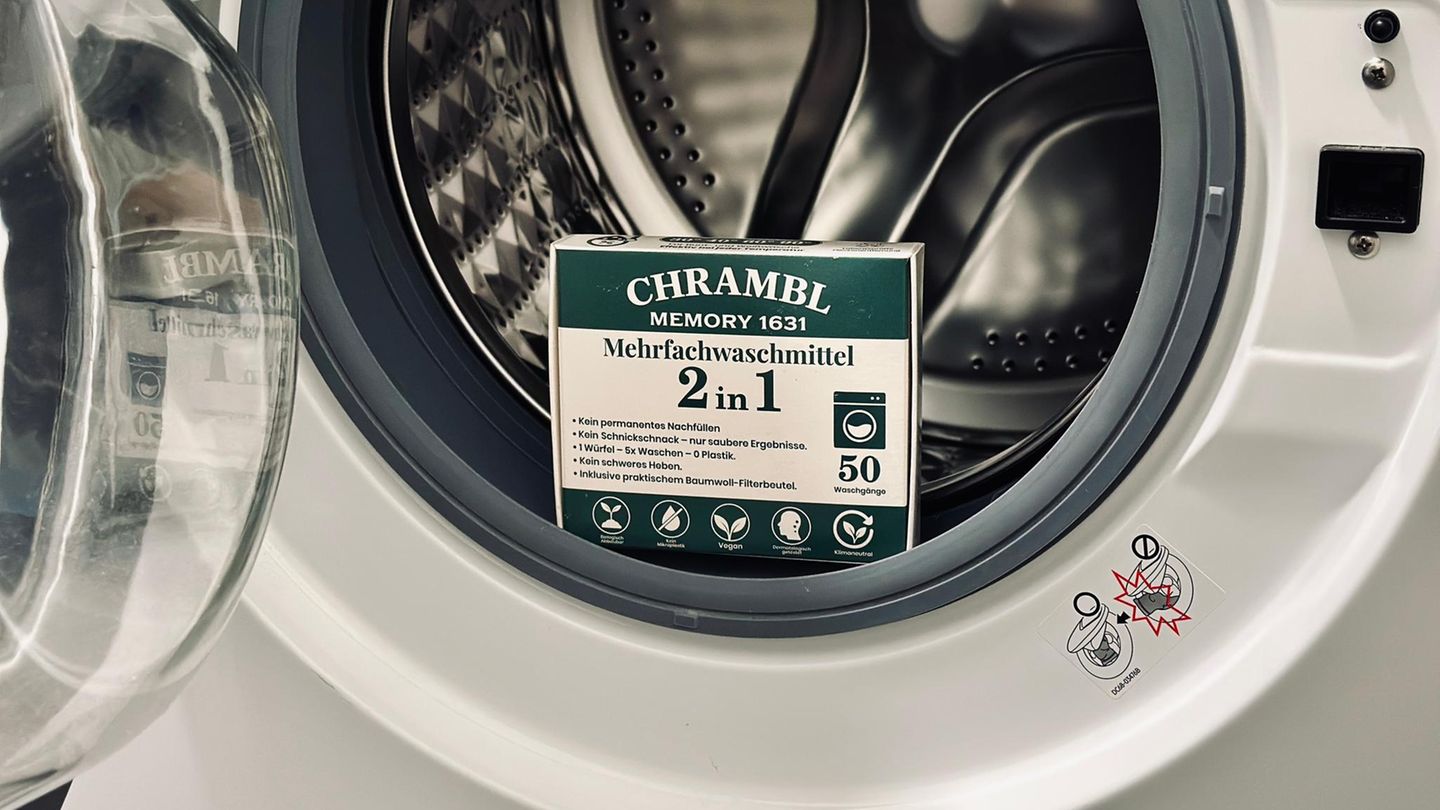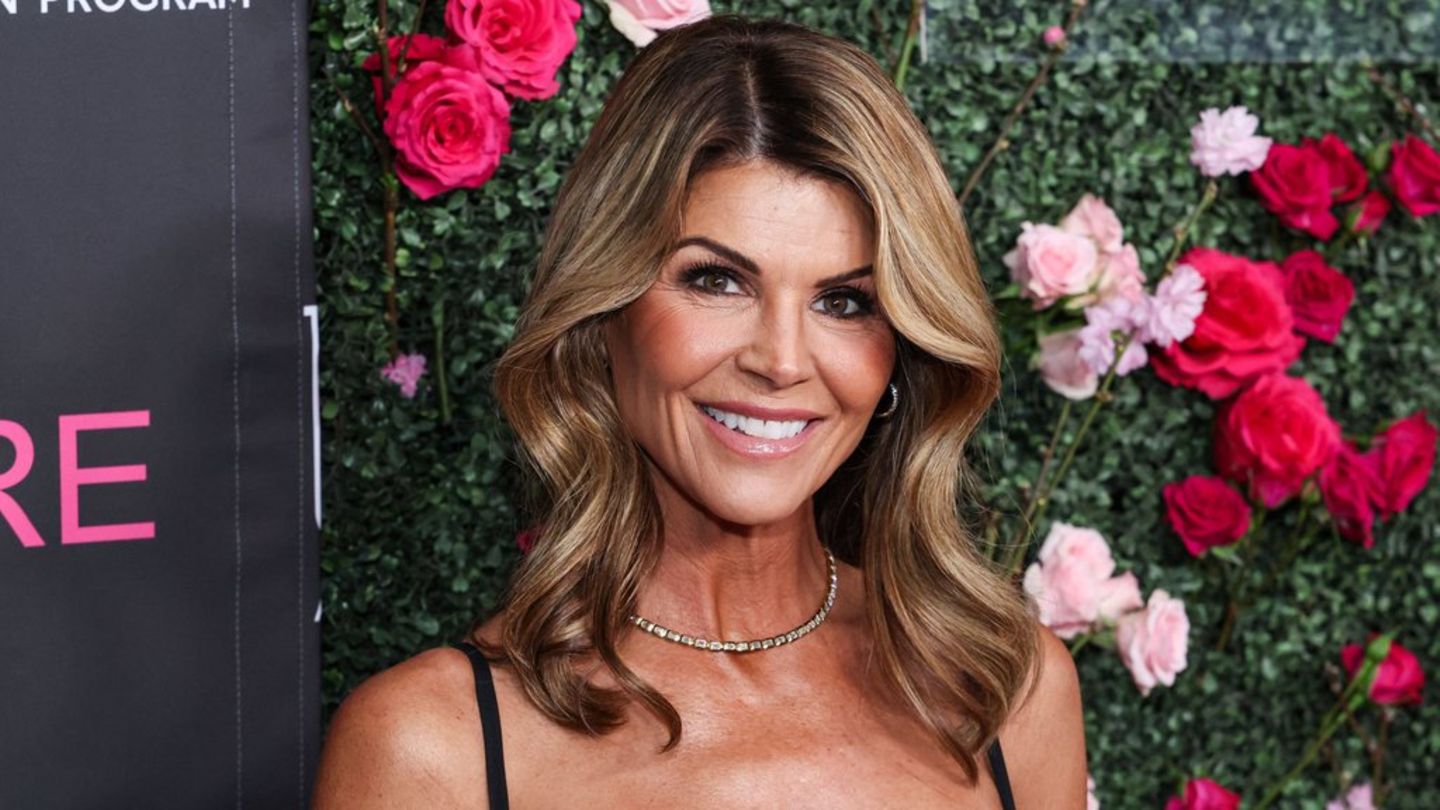Many retailers were disappointed from the first weekend in Advent – the anticipated rush of customers did not materialize. Now, in many federal states, there are also stricter corona rules.
For the second weekend in Advent, 2G rules will apply to retail for the first time in many federal states. This means that only those who have been vaccinated or have recovered have access to shops. Exceptions are shops for daily needs – i.e. supermarkets, other grocery stores and drug stores.
The stricter rules were decided jointly by the federal and state governments on Thursday, but the states have to implement the resolutions in their own ordinances. From Saturday, 2G will apply to retail in North Rhine-Westphalia and Baden-Württemberg as well as in Rhineland-Palatinate, Hamburg and Schleswig-Holstein.
On Sunday or Monday, other states will be added, including, in addition to Hesse, for example Saxony-Anhalt as the last federal state in the east – elsewhere in the east such a rule already applied before the federal-state resolutions. Corresponding regulations are to come into force in the middle of next week in Bavaria and Lower Saxony.
HDE calls for help
In order to compensate for the consequences of the introduction of 2G rules, the German Retail Association (HDE) is demanding additional help for retailers from the federal government. The aim must be “to cushion the feared losses as quickly and fairly as possible,” wrote HDE President Josef Sanktjohanser in a letter to the Executive Chancellor Angela Merkel (CDU) and the likely next Chancellor Olaf Scholz (SPD). The existing compensation regulations were nowhere near sufficient for this.
“In the federal states that have already introduced a 2G regulation for retail, a loss of sales of up to 35 percent in the companies concerned must already be determined. In downtown retail, customer footfall has fallen by almost 40 percent, ”complained Sanktjohanser in the letter that the dpa has received. Many non-grocery retailers cannot cope with the severe interventions during the time of the year with the highest turnover without help.
“The affected trade must not be taken lightly as collateral damage here,” demanded the HDE President. The bridging aid offered by the federal government is not suitable in its current form to save the trade. “If a retailer first has to prove a 30 percent drop in sales, in many cases it is already too late.” In order to help the industry, the federal regulation must grant compensation for damages in parallel to the bridging aid. This should cushion the damage that is not covered by the bridging aid.
Source From: Stern
Jane Stock is a technology author, who has written for 24 Hours World. She writes about the latest in technology news and trends, and is always on the lookout for new and innovative ways to improve his audience’s experience.




